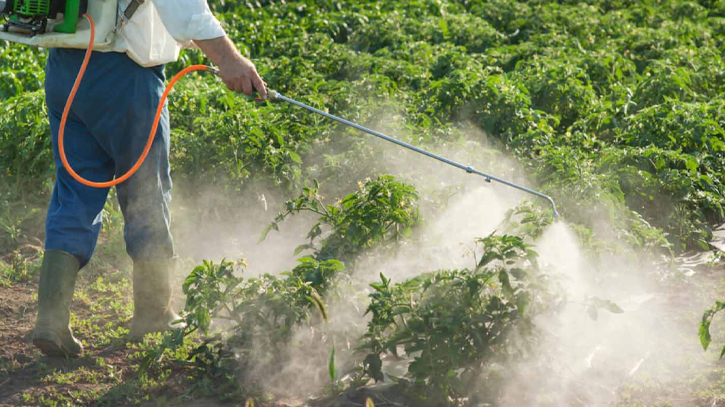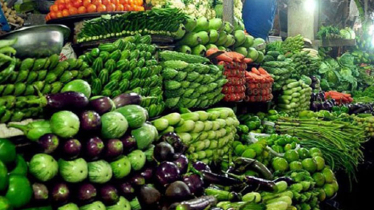
Photo : Collected
Winter in Bangladesh is the optimal season for intake of fresh vegetables, with a flourishing variety available at favourable prices. Different vegetables are cultivated in our country during the winter season. Examples of winter vegetables include cauliflower, cabbage, turnip, tomato, potato, carrot, brinjal, radish, gourd, beans, coriander, spinach, and red cabbage.
These vegetables are rich in essential nutrients, including vitamins A, B, and C, as well as calcium, iron, iodine, and other vital mineral salts that offer various health benefits to the human body. Additionally, winter vegetables contain a small amount of fatty acids and a significant proportion of carbohydrates.
As the country embraces the winter season, health-conscious persons are increasingly turning to vegetables as a meat substitute in their diets. This surge in vegetable consumption, however, is accompanied by a disheartening reality: producers and handlers across different levels of the distribution chain are resorting to widespread use of pesticides in the fields and employing various chemicals at secondary levels to impart a false sense of color and freshness to the vegetables.
The consequences of this indiscriminate use of both insecticides and chemicals are alarming, as they render the vegetables toxic. Consequently, these toxins permeate the human food chain, posing severe health risks. Regular consumption of such contaminated vegetables can lead to deadly diseases, including cancer and organ failures such as those affecting the kidneys and liver.
However, there is no evidence of any governmental body actively engaging in efforts to encourage farmers to adopt natural pest control methods, rather than relying on harmful pesticides. Equally concerning is the lack of warnings or actions against vegetable sellers who continue to spray chemicals on their produce, ignoring the potential health hazards associated with this practice.
In light of these concerning trends, it is imperative for the relevant ministry to take immediate action to safeguard public health from the serious threat posed by poisoned vegetables. While recent activism has targeted the use of formalin in kitchen markets, particularly concerning its presence in fishes, a noticeable void exists in terms of similar efforts addressing vegetables. Given the substantial consumption of vegetables during this season and the grave health risks associated with pesticides and insecticides, all stakeholders must unite to demand the purity of vegetables.
This critical situation necessitates a multifaceted approach, including educational initiatives for farmers on natural pest control methods, stringent regulations against the use of harmful chemicals, and public awareness campaigns to discourage the purchase of vegetables treated with toxic substances. The health and well-being of the population depend on prompt and comprehensive action to rectify these hazardous practices in the vegetable supply chain during the winter season.
Messenger/Fameema








